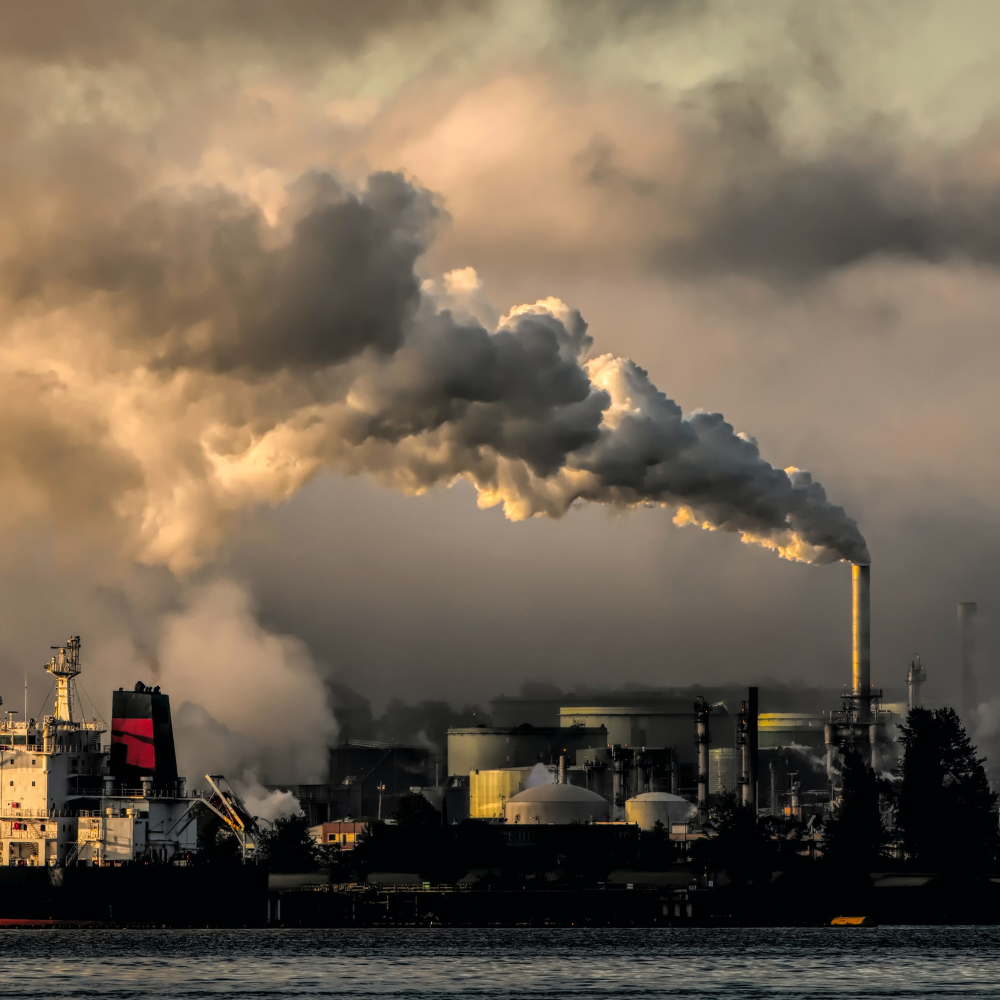Industrial consequences of carbon pricing
Understanding the macroeconomic implications of putting a price on carbon

Climate change is one of the greatest challenges facing the world today. While carbon pricing is an effective method of reducing carbon emissions, its impact on industries and society is not clear yet. This research aims to identify the effects of carbon pricing on indicators such as production, employment, energy consumption and environmental-protection investments by studying firm-level data from Le comité du Secret Statistique, the French administrative authority. The observations from the research will help in creating effective carbon policies that take into account the possible adverse impacts of carbon pricing.
EUROPE
France
Publications
The Unequal Economic Consequences of Carbon Pricing
Abstract
This paper studies the economic impacts of carbon pricing. Exploiting institutional features of the European carbon market and high-frequency data, I document that a tighter carbon pricing regime leads to higher energy prices, lower emissions and more green innovation. This comes at the cost of a fall in economic activity, which is borne unequally across society: poorer households lower their consumption significantly while richer households are less affected. The poor are more exposed because of their higher energy share and, importantly, also experience a larger fall in income. Targeted fiscal policy can help alleviate these costs while maintaining emission reductions.



